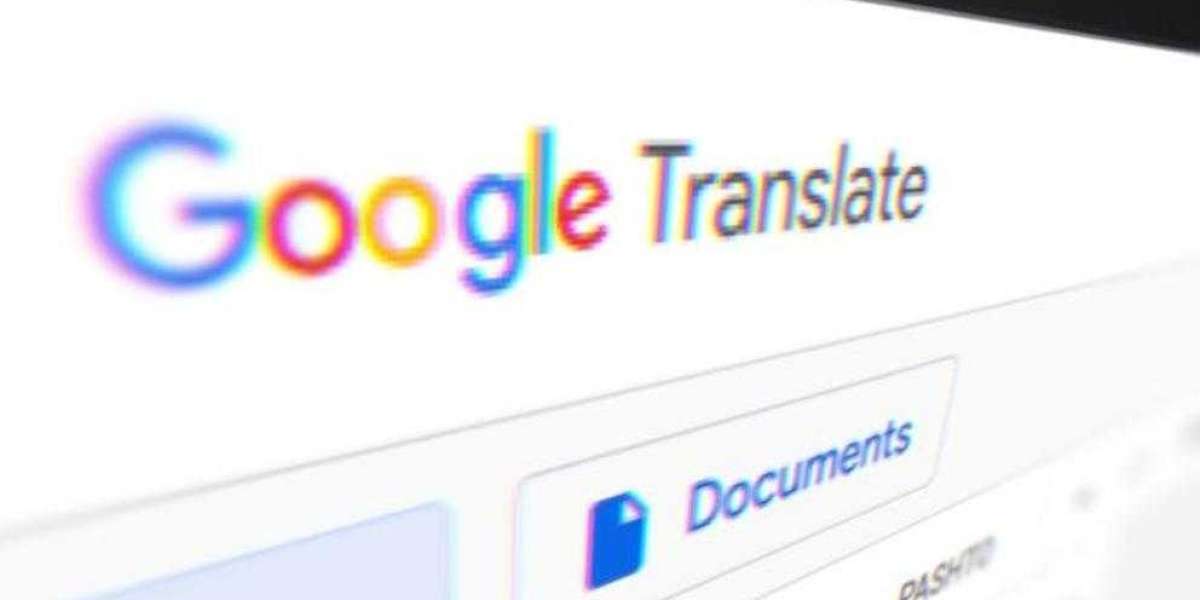Is it worth it to save a little bit of money if your end translation project will be illegible, grammatically incorrect, awkward and unprofessional? We strongly disagree. Here are the 8 top reasons not to use free online translation programs:
- EEOC Liability
The Equal Employment Opportunity Commission (EEOC) found that a college campus discriminated against janitors by failing to translate employment policies and disciplinary documents into Spanish. Employers should translate their employee handbooks, disciplinary documents, and warning signs and have access to a translator. If the employer has limited resources, it should make sure at a minimum that its EEO, no-harassment, no-retaliation, open-door/grievance, and safety/work rules are available in other languages or that it can otherwise prove that this information has been explained to the employee in a way that he or she can understand. Providing these documents to all employees will ensure that you are in compliance with EEOC guidelines.
2. Data Threat
We need to remember the old adage, “if you are not paying for the product, you are the product”. Your data is the product here. Consider what you or your colleagues may be sending out of your organization through the open source solutions. This isn’t just about unfortunate machine mistranslations causing embarrassment or damage to brand equity. Instead, this is about where your data is going, where it is stored. Consider this with major translation projects covering thousands of pages for a corporation, perhaps in a legal case or financing deal.
‘The more variables there are in the process, the more translators being used outside of your business or your service provider’s organization, the bigger the risk to data security, as well as accuracy.” Imagine the impact of a breach ahead of a major investment which leaks whilst a brochure or prospectus is being produced and translated. With The Spanish Group, you can be sure that the data is only in one hand.
3. Employee Training
With an increasingly global workplace, the effective translation of educational materials is an important tool for any company. Having the materials available to teach people what they will need to know to do a great job, but in their own language, can be the difference between employees being good versus employees excelling in their roles.
4. Professionally Certified Documents
Online translation tools are nowhere near professional enough to be used in business settings. The word choice is poor and does not convey proper strategic or critical thinking appropriate for a commercial transaction. A small investment in a professional translation service, such as The Spanish Group, will provide an immediate return in comparison to free yet completely unusable online translation programs.
5. Grammar and Sentence Structure
The software often translates the sentence exactly how it is written and not in the way it was intended to be understood. For example, the Chinese might say "Please, you the salt pass to me," whereas in English we would say "Please, pass me the salt". Google may use the first translation, which sounds extremely awkward, and is also grammatically incorrect. This can be not only immensely embarrassing, but can also cast your business in a less-than-professional light.
Language is based on rules, and as a result, a statistics-based translator like Google will struggle with complex grammatical concepts, such as the difference between the imperfect and preterite past tenses in Romance languages. This is especially true given that Google almost always uses English — a language that does not grammatically distinguish between preterite and imperfect tenses — as an intermediary step when translating into Romance languages. Therefore, Google Translate often incorrectly translates the imperfect past as the preterite past (and vice versa), making ongoing or habitual acts seem like one-time, completed events. Make sure you are presenting business materials that are correct in whichever language they are presented by using a professional translation service like The Spanish Group.
6. Organized Thoughts
Online translation programs do not organize the sentences or thoughts in a paragraph to match the expected thought flow. In some languages, points are made in a very different order than English, rendering a direct translation illogical. The hand of a human interpreter, like the professional translators at The Spanish Group, is crucial here.
7. Jargon
In some cases, online translation programs do not even have a translation for jargon. This includes medical terms, engineering terms, specialized scientific terms and other industry words. When 10 medical phrases were translated across 26 languages, only 57.7% of the total translations were correct. “Your husband has the opportunity to donate his organs” translated to “your husband has the opportunity to donate his tools.” “Your husband had a cardiac arrest” translated to “your husband’s heart was imprisoned.” “Your child will be born premature” translated to “your child is sleeping early.”
It goes without saying that these more rare, but important words, require an extremely precise definition for the perfect translation into the new language. This point is especially poignant for translations of employee manuals, medical documents, or safety procedures, where one incorrect word could jeopardize an employee’s safety.
Overall Meaning
Online translation programs do not understand common idioms, puns or double meanings that any human would immediately comprehend. For example, it could not translate the phrase "raining cats and dogs" or "it costs an arm and a leg" effectively. However, a human easily understands the meaning and can turn it into the most appropriate idiom of the local language.
In Spanish-speaking countries, will an online translation program know when to use “tú” or “usted” (the informal and formal personal pronouns for “you”)? Will it be able to sort through the many different forms of address used in Japanese? How will it interpret puns and other figures of speech?
This is the paradox of computers and languages. If machines become too sophisticated and logical, they’ll never be able to correctly interpret human speech. If they don’t, they’ll never be able to fully interpret all the elements that come into play when humans communicate. Unless engineers actually find a way to breathe a soul into a computer, rest assured that, when it comes to conveying and interpreting meaning using a natural language, an online translation program will never fully take our place.
If you’re looking for a translation for your medical, legal, professional, or immigration documents, The Spanish Group is the #1 translation agency for efficient, correct, and affordable translations. Contact us at https://www.thespanishgroup.org/pricing with the details of your translation request, and we’ll immediately begin processing your request, and get back to you promptly with a quote.
sources blog:- https://thespanishgroup.org/blog/top-8-reasons-not-use-google-translate/











